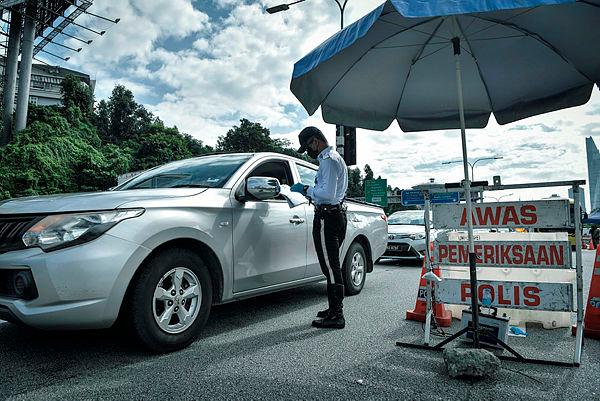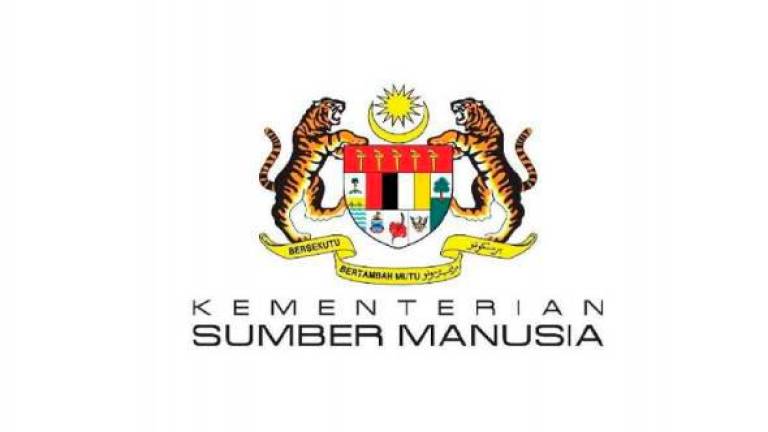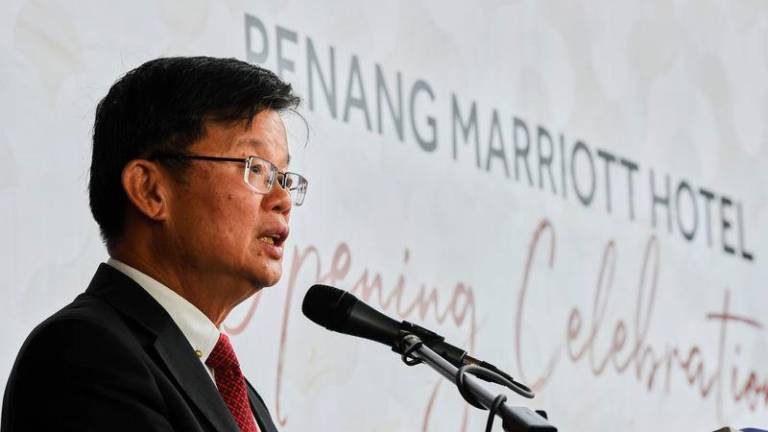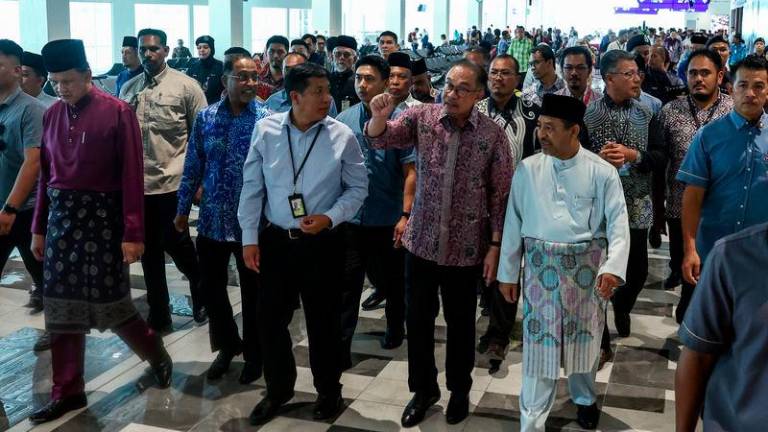PETALING JAYA: In Malaysia, compounding a traffic offence by not paying the fine on time has its rewards. One eventually gets a discount.
Experts say such a policy leads motorists to throw caution to the wind and continue to commit traffic offences, such as speeding or beating the lights.
“We are just sending out the wrong message,” criminologist Datuk Akhbar Satar told theSun.
“In countries such as the United Kingdom and Singapore, those who pay the fine early are rewarded. But in Malaysia, it looks like the longer you wait, the more likely you are to get rewarded (with bigger discounts),” said Akhbar, who is president of the Malaysian Association of Certified Fraud Examiners.
On April 12, Transport Minister Datuk Seri Wee Ka Siong announced that the Road Transport Department (RTD) was offering a 70% discount on the 3.5 million compoundable summonses that have been issued but not paid yet.
Those who come forward before June 13 will enjoy the discount. Otherwise, they will be blacklisted by RTD and not be able to renew their driving licence or vehicle road tax.
Within two weeks after the offer was made, RTD collected RM3.14 million in fines from 45,317 summonses issued nationwide.
It was not the first time discounts on fines have been offered. Even the police have previously offered such discounts, purportedly to encourage offenders to pay up.
Akhbar said by offering such discounts, law enforcement authorities are telling the people that they can rely on the government to lower the fine amount eventually.
“This seems to show a lack of integrity. We are just telling the people that it is fine to not just break the law, but also avoid being punished immediately.”
Akhbar said if such practices are allowed to continue, traffic offences will become more rampant.
“The only way is to not bend the rules,” he said.
Another criminologist, Shankar Durairaja, pointed out that strict enforcement of the law is essential to achieve optimum safety and such discounts would only allow people to overcome the fear (of the full might of the law).
“This is not the best way to overcome the problem. It does not educate road users to abide by the rules and take the law seriously.”
He said the practice could send the wrong message to rule-breakers and encourage them to ignore their responsibilities on the road.
Shankar pointed out that the purpose of the law is to deter people from committing traffic offences. But by offering discounts, the authorities are only telling people that they can get off lightly.
“As much as the government would like to ease the burden on the people during this difficult time, giving discounts on summonses is not the way to do so. This practice not only creates a (loophole) in our legal system, but also encourages people to continuously breach the rules and regulations and lose fear of our legal system.”
Rather than giving them a discount, the authorities should take such offenders to court, he said, adding that the government could also introduce awareness campaigns to instil traffic discipline and civic consciousness among road users.
However, psychologist Dr Fauziah Mohd Saad said the discount option was a good move.
“It eases the burden on people who may be struggling with financial difficulties,” said Fauziah, who lectures at Universiti Pendidikan Sultan Idris.
“Even with the discount, it may still be a lot for some people, but at least it gives them an opportunity to answer for their transgressions.”
She pointed out that as long as there is some form of punishment, people will learn to not repeat the same mistakes.










